Taylor MacKenzie will never forget winning two gold medals at the Special Olympics World Games in Berlin.
It proved to be a life-changing experience for the then 15-year-old from Dundee.
The St John’s RC High School pupil was one of Team GB’s youngest competitors.
But it hasn’t been an easy journey to success for the 16-year-old.
Growing up she has had her struggles – not only coming to terms with having autism and an intellectual disability, but she has also experienced bullying.
Now she is one of several Special Olympians taking part in a new campaign to inspire British athletes competing in the Paris Olympics.
She recently joined me on a Zoom call, along with her parents, to reflect on her own journey to Olympic success.
Swimming is Taylor’s passion and it is clear to see when you talk to her about the sport just how much she loves it.
“Swimming is not a chore for me,” she says.
“I want to go. I really enjoy it and I want to compete.”
She adds: “I always say to everyone that the pool is like my second home.”
When did Taylor first start swimming?
Her mum Lisa tells me her enjoyment of the pool was evident at a very young age.
“Every parent wants their child to learn to swim for safety reasons so it was always in my mind to try and get her into the pool,” Lisa says.
“Taylor was four at the time and I just took her along to the old Olympia. I took her to the toddler pool to get her used to being in the water.
“Like a lot of children, Taylor didn’t like the chlorine getting into her eyes so I bought her a pair of goggles and as soon as she had them on, she transformed.
“She went under the water and it was difficult to get her out!”
Autism and intellectual disability diagnosis
Taylor was also aged four when she was diagnosed with autism and an intellectual disability.
Dad Richard said when she was younger he noticed she struggled to interact with other youngsters, had a lack of spatial awareness and that she was non-verbal – until she was introduced to the pool.
Her parents recall they were with Taylor, then aged five, at the old Olympia when she uttered – ‘tickle toes touching water!’
“It was the first time we heard her speak an actual sentence,” Lisa says.
Starting swimming lessons in Dundee
Taylor didn’t start structured swimming lessons until the age of five and then her parents signed her up for swimming lessons at the Dundee University pool at the Institute of sport and exercise (ISE).
There she completed all her merit and distance badges.
And after that she joined a competition club.
Taylor says: “Most of the people in my group were going on to join a club so I decided to follow some of my friends and joined Dundee City Aquatics.”
The training was quite intense but Taylor responded well to it and from there she quickly progressed.
As a result, she took part in her first swimming gala at the age of seven.
Since then she has gone on to achieve success at various swimming galas and local competitions.
Taylor’s first Special Olympics
Taylor was aged just nine when she took part in her first Special Olympics.
She was the youngest swimmer to compete at the national summer event, which was held in Sheffield in 2017.
At that event, Taylor scooped three gold medals and a bronze.
Taylor recalls: “It was one of the first major competitions I had taken part in and I was very nervous.
“But as much as it was a bit overwhelming, I also loved the experience.
“Just picture a nine-year-old with the biggest grin on their face!” she says smiling.
“I remember looking at my parents and looking at my team and feeling so happy. I was over the moon.
“Things just seemed to build from there and my love of swimming also grew from that point.”
Taylor has trained with a few swimming clubs over the years but in 2019 she joined Monifieth Swim Club and she has gone from strength to strength ever since.
Taylor’s second Special Olympics
Last summer the Dundee teenager took part in her second Special Olympics in Berlin.
At Berlin 2023, more than 6,500 athletes with intellectual disabilities competed.
And Taylor was one of the 82 athletes representing Team GB.
“In the run up to the games I was training three to five times a week and it would be two-hour sessions each time – normally this would be after school.”
But her hard work paid off because she won two gold medals after coming first in the 200-metre and 400-metre freestyle events.
When I ask Taylor how it felt to win double gold, her face immediately lights up.
“I was just speechless.
“I was thinking ‘I just did that – all my has training paid off!’
“I also remember seeing my dad screaming!
“It was just amazing.”
Dundee teen’s struggles at school
Due to her condition, Taylor hasn’t had it easy at school and has required additional support.
She can find it hard to follow and remember instructions as well as maintaining focus.
But she has found her own way in learning.
This year she studied four Highers.
And after the summer holidays in August, she is due to go into her sixth year at St John’s where she will study Higher geography, Advanced Higher English, Nat 5 cookery and Nat 5 maths.
When her schoolwork becomes intense, Taylor has found swimming to be a positive distraction for her.
“Swimming helps me clear my mind from the school day,” she tells me.
“Hours of writing using pen and paper is a lot so going into the pool with my friends allows me to focus on something else.
“I don’t have the pressure there and I enjoy swimming.”
Learning to ignore the bullies
Taylor says the swimming pool provided a ‘safe space’ from school bullies – until she started being bullied at some swimming clubs.
“I have been bullied at school, in the street where I used to live and even at some swimming clubs,” she confesses.
“Swimming had been a safe space until it happened there as well. It’s been everywhere.
“But now at Monifieth Swim Club, swimming has made a bubble around me.
“I have my friends there, my coaches and my parents, I have their support.
“And taking part in the Special Olympics made me realise that I didn’t have to focus on the bullies.
“I just need to focus on me.”
She continues: “Before the Special Olympics, I thought me having a disability was a bad thing so I tended to keep it to myself.
“I thought the more people people knew, the more I would get bullied.
“But through the Special Olympics, I have learned to embrace my disability.
“Most people at my school now know I have a disability and if they have something bad to say I just don’t listen to them.
“I can’t change who I am and I am proud of what I have achieved.”
Her advice for Olympic athletes in Paris
The Dundee teenager is one of several Special Olympics athletes sharing their experiences as part of a Coca-Cola campaign to inspire British Olympians competing in Paris.
And she has her own advice for those taking part.
“It is really important that athletes have a great time no matter what the result is,” she says.
“Because at the end of the day, they have made it there which is a massive achievement.
She adds: “It is important to just live in the moment and enjoy it.”
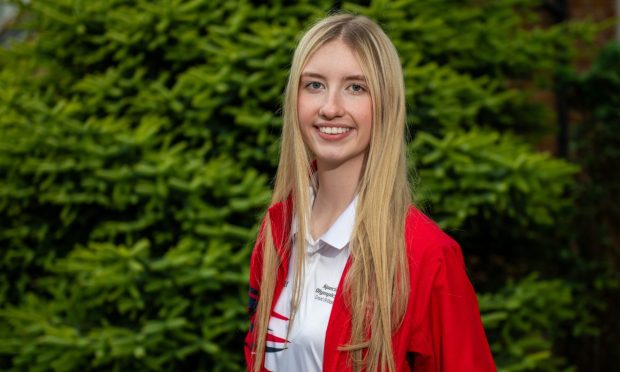
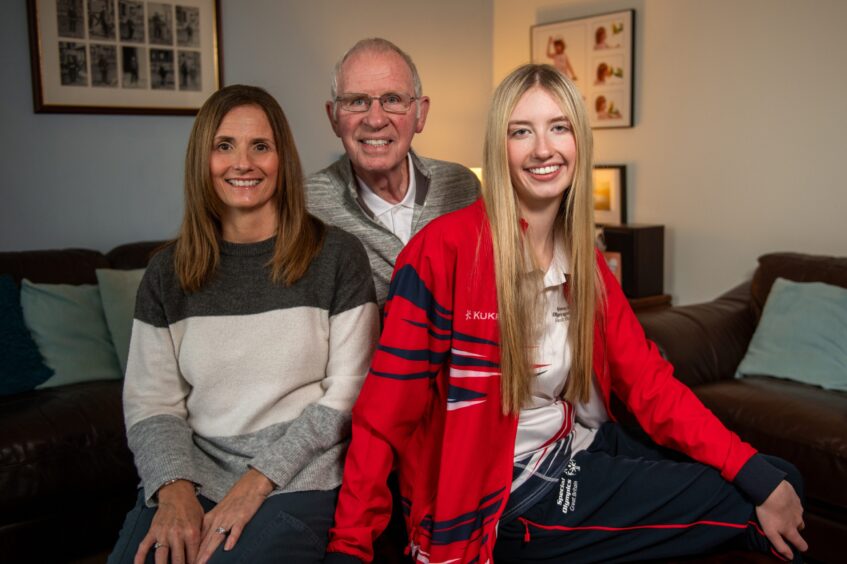
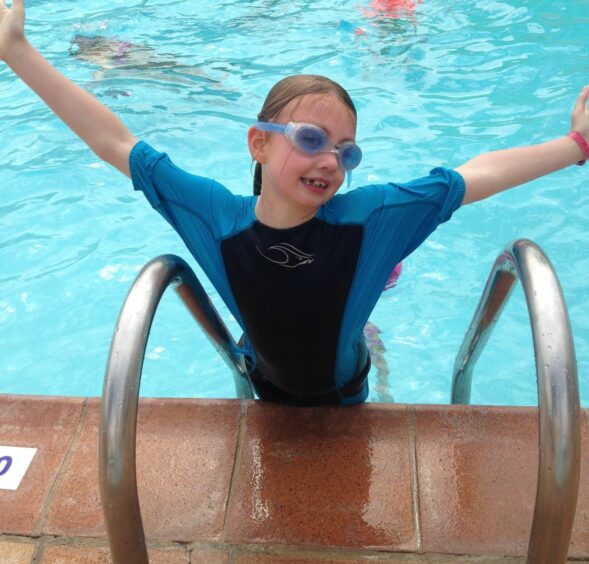
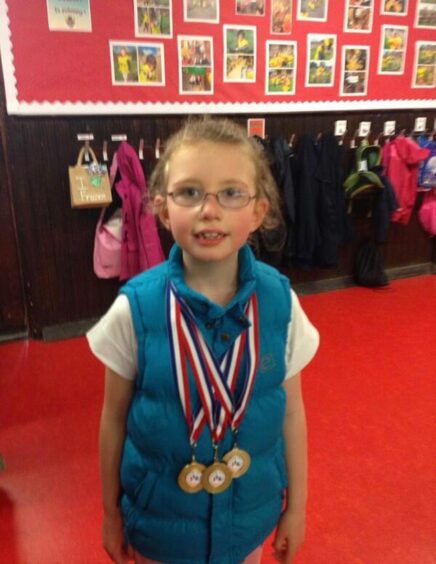
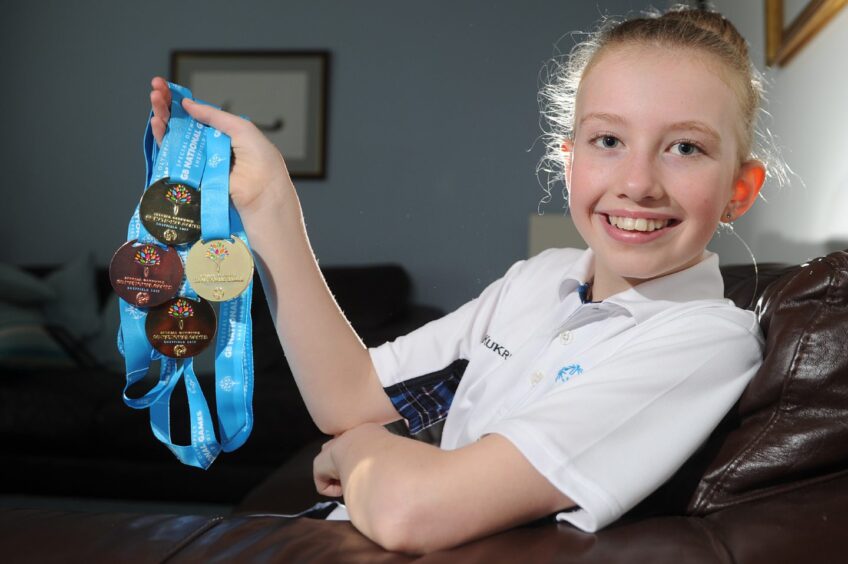
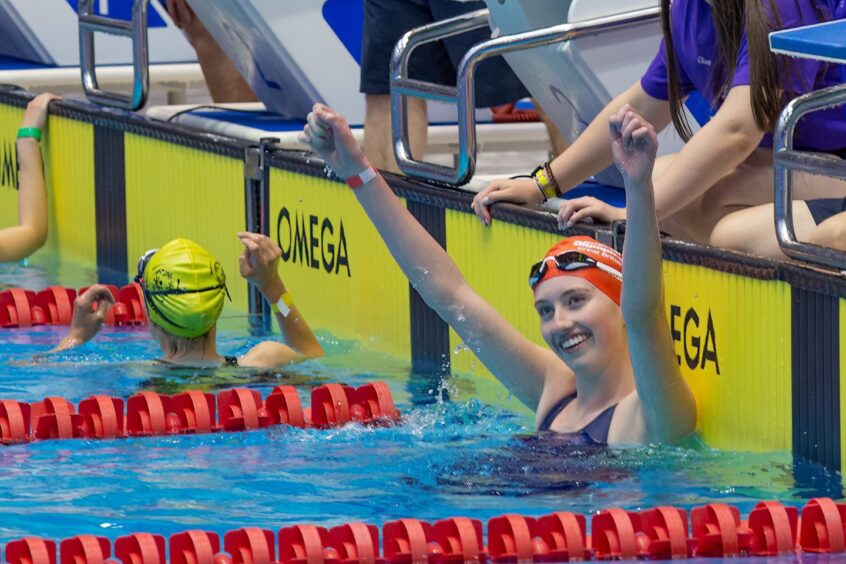
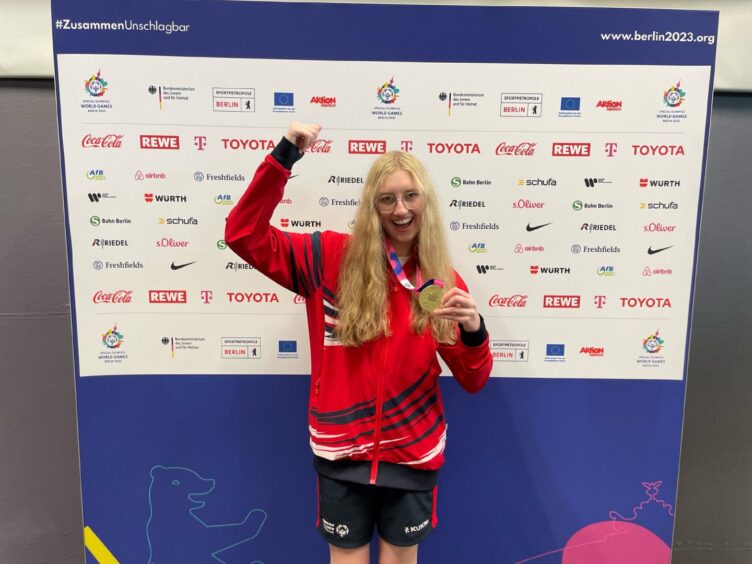
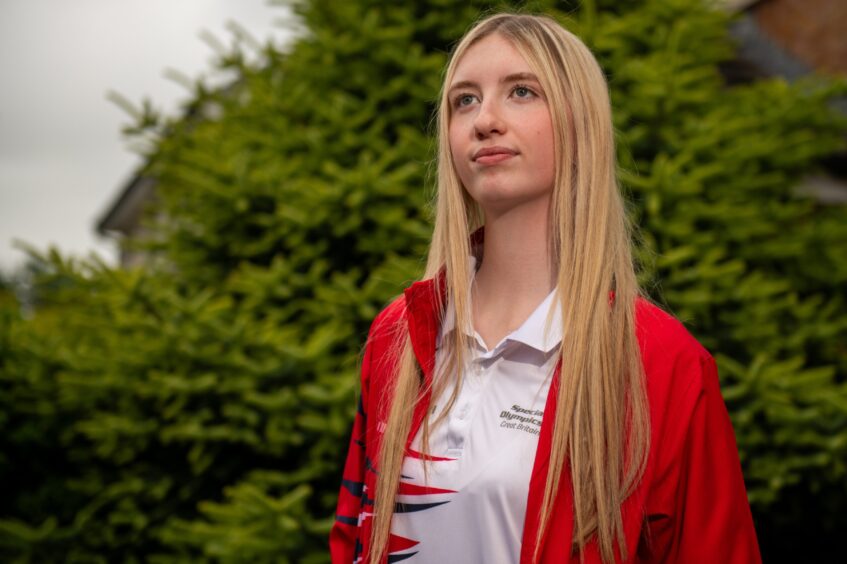
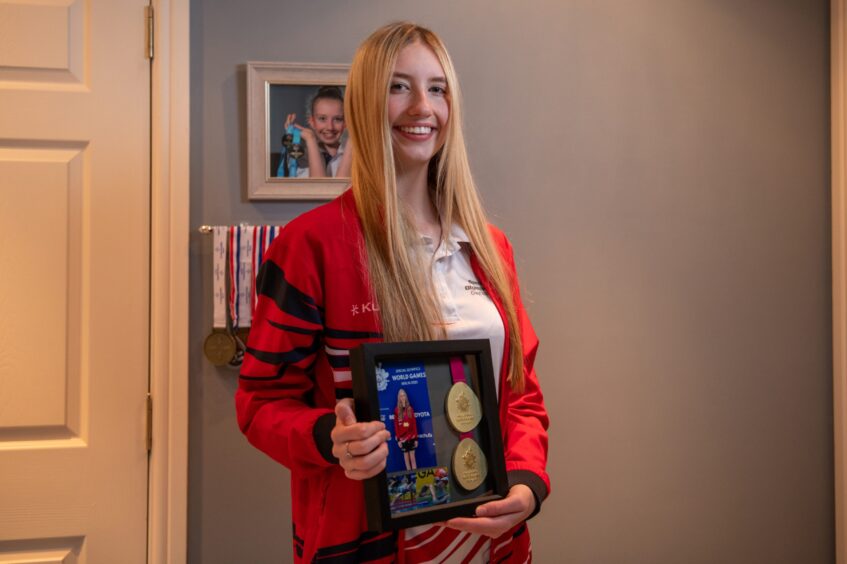

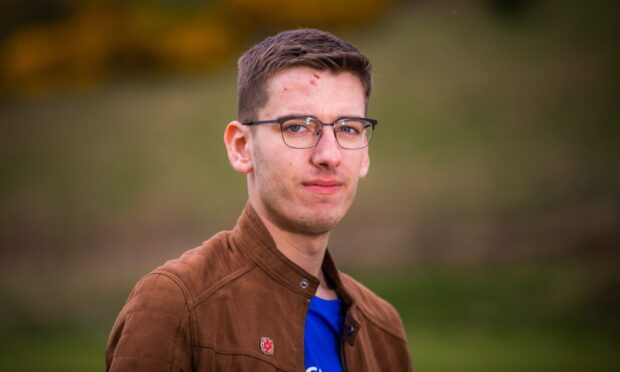
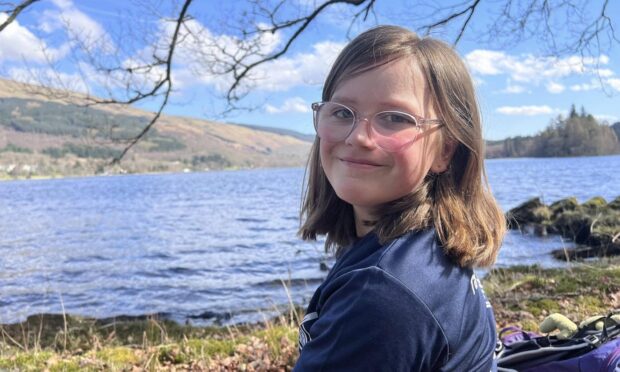
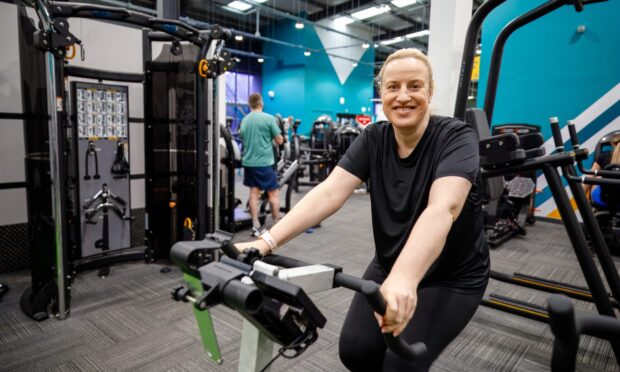
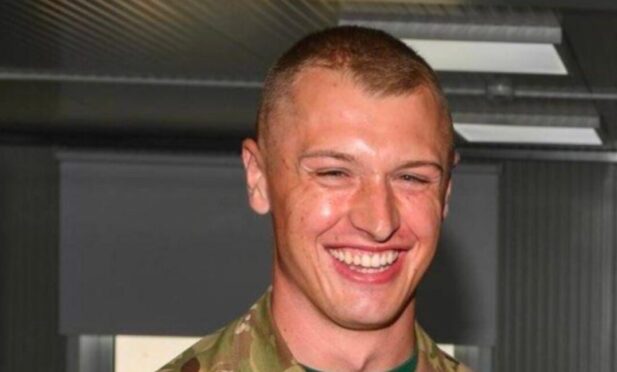
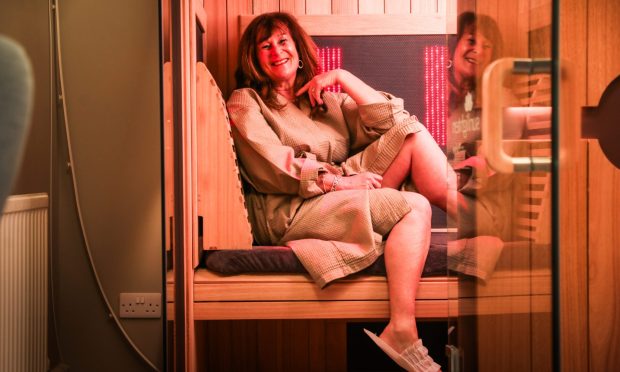


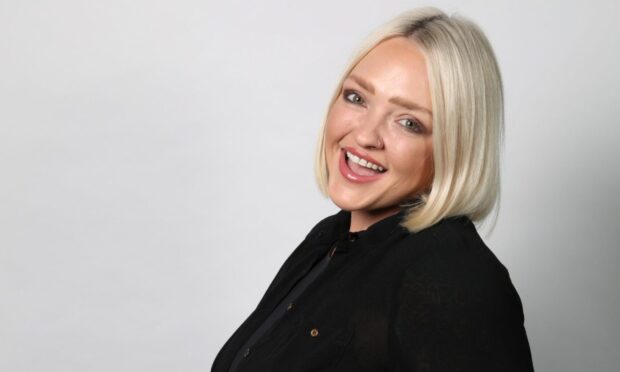

Conversation